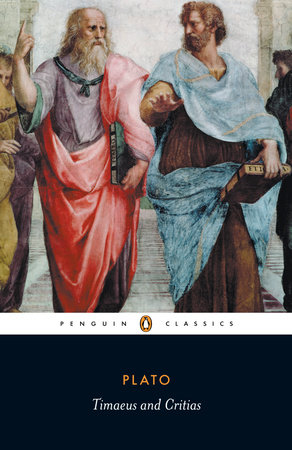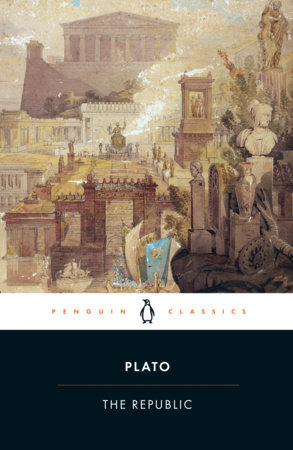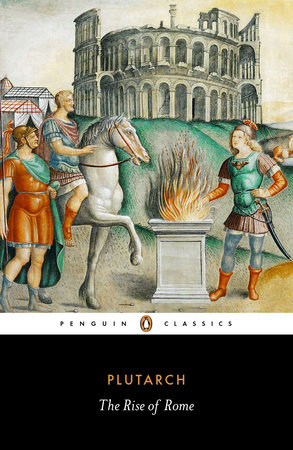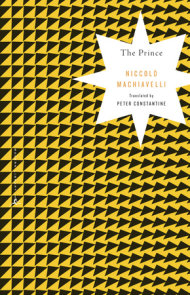

The Prince
By Niccolo Machiavelli
Introduction by Anthony Grafton
Translated by George Bull
Notes by George Bull
By Niccolo Machiavelli
Introduction by Anthony Grafton
Translated by George Bull
Notes by George Bull
Category: Fiction | Classic Fiction | Philosophy | Domestic Politics

-
$8.00
Feb 04, 2003 | ISBN 9780140449150
Buy the Paperback:
YOU MAY ALSO LIKE

Timaeus and Critias

The Republic

Critique of Pure Reason

Utopia

The Penguin Book of Russian Poetry

The Communist Manifesto

The Rise of Rome

Sickness unto Death

Phaedrus
Praise
“[Machiavelli] can still engage our attention with remarkable immediacy, and this cannot be explained solely by the appeal of his ironic observations on human behaviour. Perhaps the most important thing is the way he can compel us to reflect on our own priorities and the reasoning behind them; it is this intrusion into our own defenses that makes reading him an intriguing experience. As a scientific exponent of the political art Machiavelli may have had few followers; it is as a provocative rhetorician that he has had his real impact on history.” –from the Introduction by Dominic Baker-Smith
Table Of Contents
ChronologyMapIntroductionTranslator’s NoteSelected BooksMachiavelli’s Principal WorksLetter to the Magnificent Lorenzo de Medici1IHow many kinds of principality there are and the ways in which they are acquired5IIHereditary principalities5IIIComposite principalities6IVWhy the kingdom of Darius conquered by Alexander did not rebel against his successors after his death13VHow cities or principalities which lived under their own laws should be administered after being conquered16VINew principalities acquired by one’s own arms and prowess17VIINew principalities acquired with the help of fortune and foreign arms20VIIIThose who come to power by crime27IXThe constitutional principality31XHow the strength of every principality should be measured34XIEcclesiastical principalities36XIIMilitary organization and mercenary troops39XIIIAuxiliary, composite, and native troops43XIVHow a prince should organize his militia47XVThe things for which men, and especially princes, are praised or blamed49XVIGenerosity and parsimony51XVIICruelty and compassion; and whether it is better to be loved than feared, or the reverse53XVIIIHow princes should honour their word56XIXThe need to avoid contempt and hatred58XXWhether fortresses and many of the other present-day expedients to which princes have recourse are useful or not67XXIHow a prince must act to win honour71XXIIA prince’s personal staff75XXIIIHow flatterers must be shunned76XXIVWhy the Italian princes have lost their states78XXVHow far human affairs are governed by fortune, and how fortune can be opposed79XXVIExhortation to liberate Italy from the barbarians82Glossary of Proper Names86Notes99
21 Books You’ve Been Meaning to Read
Just for joining you’ll get personalized recommendations on your dashboard daily and features only for members.
Find Out More Join Now Sign In
















